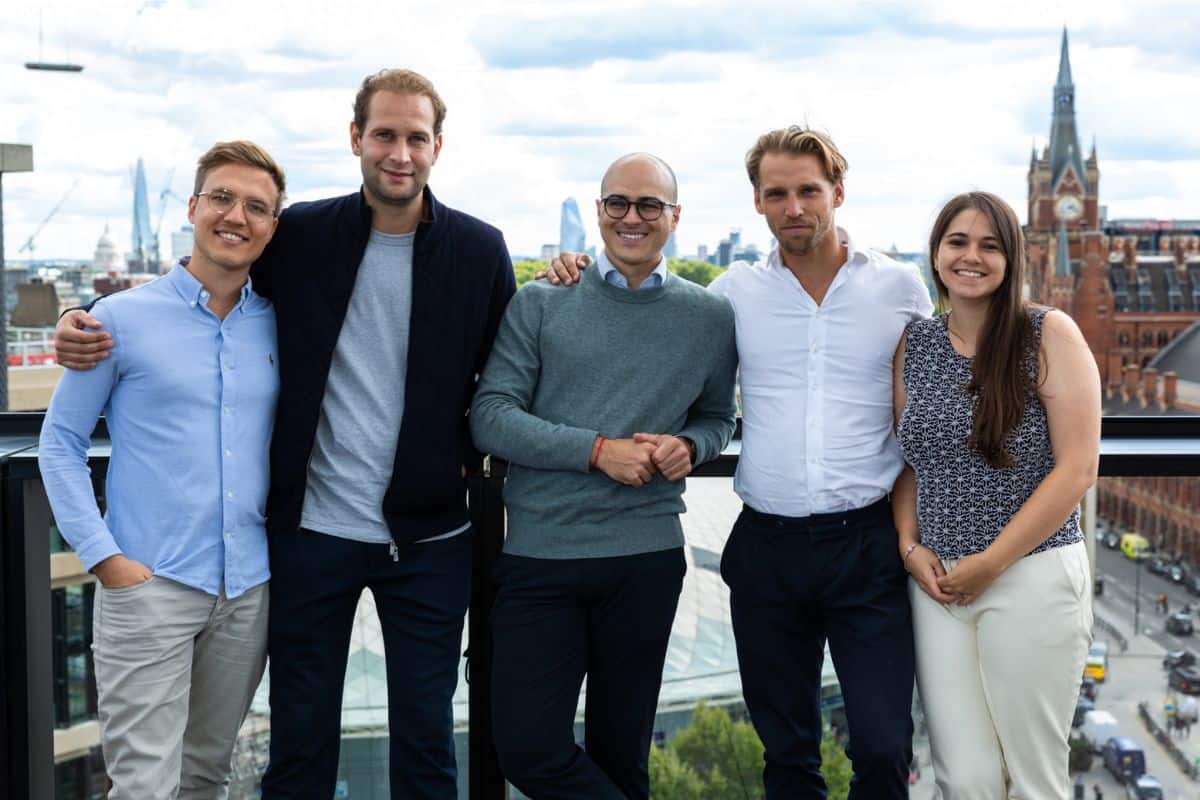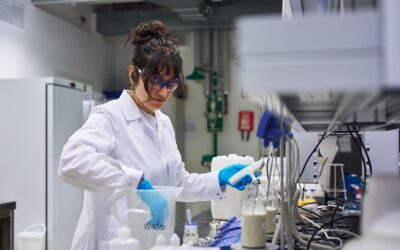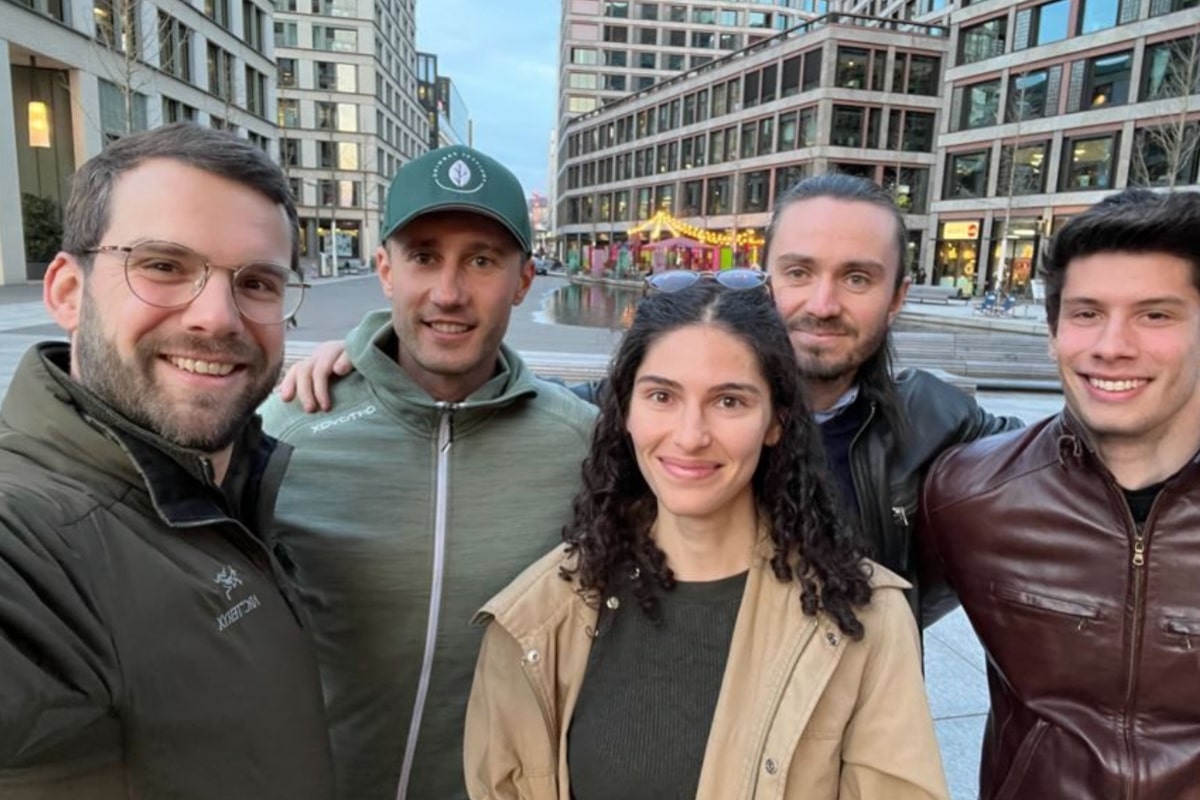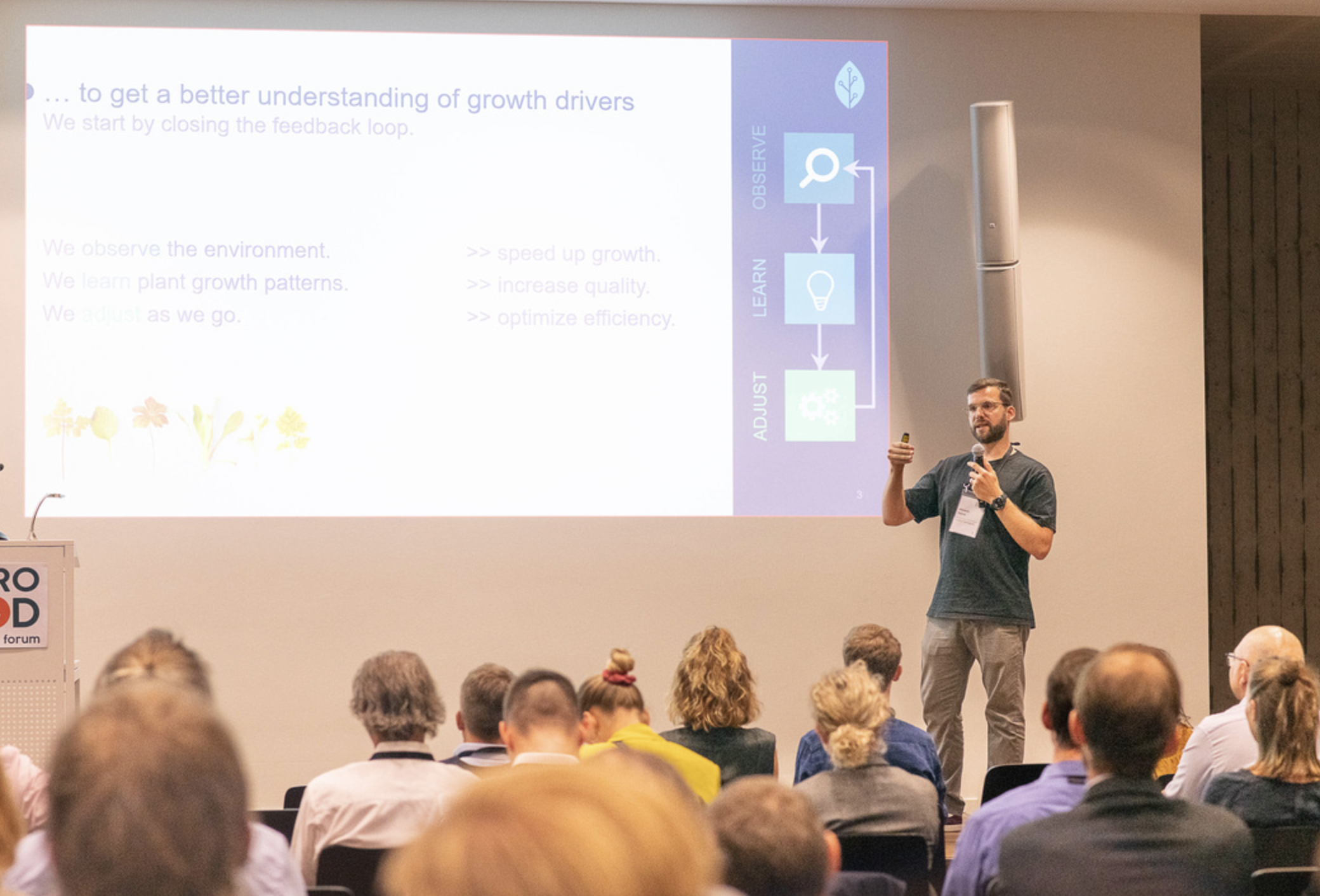Tell us a bit about yourself.
I’m Serge Rezzi, CEO of the Swiss Nutrition and Health Foundation. But ultimately I am a scientist passionate about nutrient chemistry and biology – nothing more, nothing less.
Pitch your company in 20 seconds.
We’re a one-stop shop for nutrient analytics dedicated to food and nutrition research. We’re most well known for testing nutrients in food products providing world-renowned independent certification programs. But I like to say we are scientists specialized in tracking the nutrient journey from foods to human cells, bridging chemistry to biochemistry and nutritional status. We’re also a medical analysis laboratory for nutrient status and support innovation through translational research projects.
What gets you out of bed in the morning?
Nutrients are key to maintaining physiological functions and we get them from the food we eat every day of our lives. Nutrition is so vital to maintaining health. So when I get up in the morning, I think: what good can I do to evidence the role of nutrients on health today? How can I have an impact on raising public awareness about the importance of nutrition? And how can I support companies to develop innovative and nutritious products?
What does a typical day at work look like for you?
Well, it always starts with a good coffee! I connect with my team, always trying to lead with empathy, positive energy and sense of humor. Then maybe I’ll have a meeting with partners about an R&D project or certification. Or perhaps I’ll update my board members on our progress and assess how our strategy is bringing us closer to achieving our mission. I also make sure I leave plenty of time to continuously study nutrient biochemistry, identify potential opportunities for innovation in nutrition status assessment and nutritional biomarkers, especially to develop science-based concepts for precision nutrition. I also strive to contribute to scientific publications as I see peer review as a hallmark of scientific quality. I am also teaching at EPFL and in several other education programs.
Which projects are you and your team currently working on?
This year we kicked off a very exciting new project. Together with unisanté and other partners, we won the tender from the Federal Food Safety and Veterinary Office (FSVO) to perform the menuCH-Kids, an unprecedented national survey to assess dietary habits and nutritional status of children and adolescents (6-17 years) in Switzerland. This unique project represents a stepping stone to assess reference ranges of nutritional status biomarkers in Switzerland.
We also started working on a new project on biomass valorization with the Canton of Fribourg as part of its agrifood strategy. We are tracking nutrient-rich co-products to enable their upcycling into high value nutritional ingredients. We’re aiming to validate new proof of concepts with novel prototypes by the end of the year.
And that’s not all. We’re also working on an EU funded H2020 project that aims to develop a precision nutrition platform for the youngest members of our population and we’re contributing to a project around vitamin D bioavailability. There’s never a dull day in the Swiss Nutrition and Health Foundation office!
Tell us about how you work with others in the ecosystem to innovate
We’re lucky to collaborate with lots of great partners and fellow SFNV members, including Cluster Food & Nutrition and EPFL.
Our slogan is “anchoring trust through science” and this provides the basis for our collaborations. We start by focusing on our expertise in nutrient analytics and biochemistry, then we partner with other organizations to bring in complementary skills as required on a per project basis.
Thanks to our strong network of academic, startups and industry partners, we can mobilize resources and skills to tackle a broad range of topics in agro-food-nutrition research pretty quickly.
How can SFNV members get involved in your work?
We can partner with startups that are looking for specific scientific expertise through a number of Innosuisse or other funding programs. We’re always eager to further strengthen our network and to support the development of science-based and healthy nutritional solutions. So if you see parallels with our work, please do get in touch.
Precision nutrition is a key area that you explore through your work. Which key opportunities do you see here?
We believe that any type of precision nutrition should be based on solid science that begins with reliable nutrition status diagnostics. There is a lot of market-driven opportunism trying to position new services and product offerings with science gaps or shortcuts about biomarkers or their measurement technologies.
We see a great opportunity to invest in understanding the biochemical/physiological fundamentals that underpin the dynamics of nutrition status biomarkers in cells and circulating biofluids. There is still work to be done on validating translation of these biomarkers on minimally invasive measurement technologies. At the same time, it’s important to develop next generation biomarkers that will be able to capture the complex molecular interactions between nutrients, host and microbiome.
We also need to initiate a paradigm shift about nutritional biomarkers. We need to develop them to provide more insight into long term metabolic consequences on health as opposed to using them to indicate an immediate nutrition deficiency.
Tell us something we didn’t know about your foundation
The Swiss Nutrition and Health foundation has been collaborating with the Centres for Disease Control and Prevention in Atlanta on the standardization of a folate status (vitamin B9 status) for many years now. Despite the advent of modern analytics, we’re still interested in using fairly old techniques using specific microorganisms to quantify bioavailable forms of vitamins, as these microbiological assays remain highly valuable in many cases. This collaboration is now being extended to vitamin B12 diagnostics. The foundation laboratory is also developing a platform for the in vitro measurement of the protein digestibility aiming to quantify protein nutritional quality.
Connect with Serge Rezzi on LinkedIn and visit the Swiss Nutrition and Health foundation website for more information.











